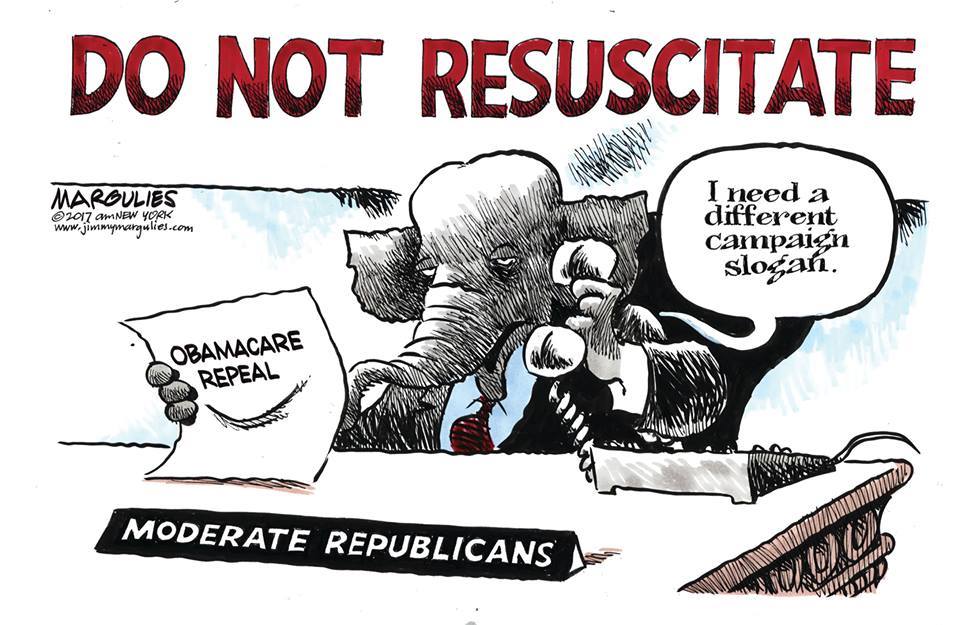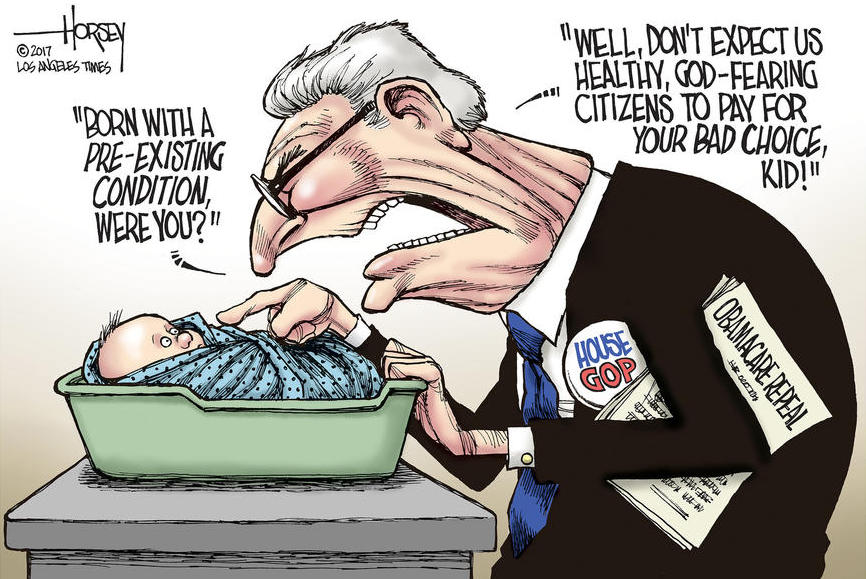The Daily Escape:

Bluebells, Brussels Belgium April 2017 photo by Francois Lenoir
In many ways, it is too easy to criticize Donald Trump. While we can have differing opinions on matters of policy, they only account for a few of the issues Wrongo has with Trump. Most are his unfathomable attempts to avoid telling the truth. Consider his interview with The Economist which posted the entire transcript on Thursday. Let’s focus on this excerpt:
The Economist: Another part of your overall plan, the tax reform plan. Is it OK if that tax plan increases the deficit? Ronald Reagan’s tax reform didn’t.
Trump: Well, it actually did. But, but it’s called priming the pump. You know, if you don’t do that, you’re never going to bring your taxes down.[Snip]
Economist: But beyond that it’s OK if the tax plan increases the deficit?
Trump: It is OK, because it won’t increase it for long. You may have two years where you’ll…you understand the expression “prime the pump”?Yes.
We have to prime the pump.It’s very Keynesian.
We’re the highest-taxed nation in the world. Have you heard that expression before, for this particular type of an event?Priming the pump?
Yeah, have you heard it?Yes.
Have you heard that expression used before? Because I haven’t heard it. I mean, I just…I came up with it a couple of days ago and I thought it was good. It’s what you have to do.
Ok, so how did the guy from the Economist keep a straight face? The reporter is thinking John Maynard Keynes, the great British Economist, who came up with the idea of “priming the pump” in the 1930’s. By the way, Keynesian pump-priming is temporary government spending to boost temporarily weak demand. It is designed to boost growth, (and jobs) during a downturn, but we can’t assume that it will boost the economy’s growth rate.
Trump’s idea for pump-priming is more tax cuts. He’s following classic trickle-down economics, and claims that his tax cuts will boost investment, productivity growth, and labor supply, and thus raise the long-term growth rate of the economy. In this regard, Trump conflates Keynes, who’s been proven right, with Arthur Laffer, who wasn’t.
But, didn’t Trump graduate from Wharton with a business degree? Nobody gets out of Wharton without knowing that Keynes was the “pump primer”. And his saying that he coined the phrase ‘prime the pump’ a few days ago? Unfortunately, there are only two explanations: first, Trump is 70 years old and his cognitive skills are starting to desert him. Or second, he is a pathological liar.
Wrongo wants to go with #2.
He just wants to sell America something with his name stamped on it. But since America isn’t buying a hotel, he’s trying to sell Trumponomics, Trumpcare, etc. He does not really care about the details, he just wants to pass it, and to claim it is a success. That’s America’s tragedy.
So with Comeygate, Trumpcare and pump-priming, we all need to unplug and try, just try to relax on Saturday. We had a full moon and clear skies over the fields of Wrong on Thursday, so today we listen to “Claire du Lune” by Claude Debussy. It is the third movement of “Suite bergamasque”. Its name comes from Verlaine’s poem Clair de Lune, “moonlight” in French. Here it is played by Dame Moura Lympany, British pianist, who died in 2005:
Those who read the Wrongologist in email can view the video here.



















